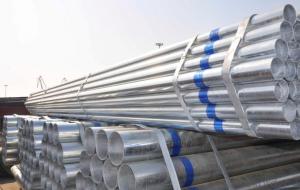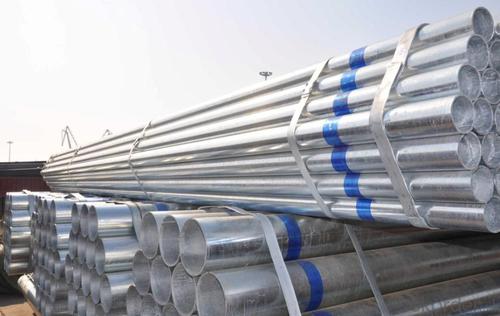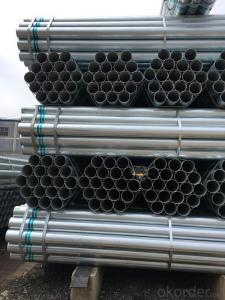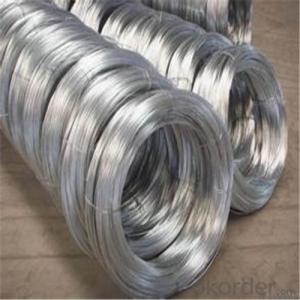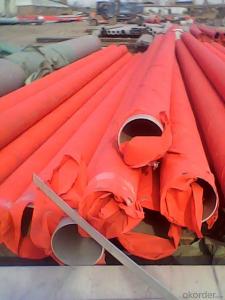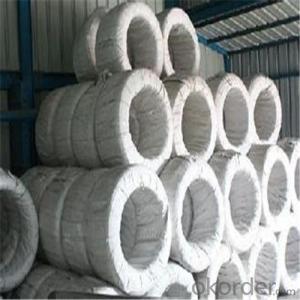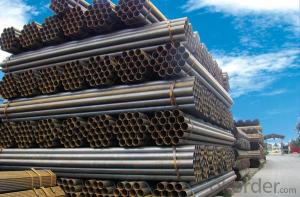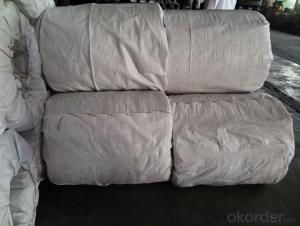WELDED HOT DIPPED GALVANIZED PIPE
- Loading Port:
- China Main Port
- Payment Terms:
- TT OR LC
- Min Order Qty:
- -
- Supply Capability:
- -
OKorder Service Pledge
OKorder Financial Service
You Might Also Like
Hot Dip Galvanized seamless steel pipe
Standard: GB,ASTM,DIN,JIS;
Grade: 10#, 20#, 45#, 16Mn;
Length: as customer's demand
Hot Dipped Galvanized Seamless Steel Pipe
1.Standard: ASTM A106,ASTM A53,EN10255,GB/T8162,GB/T8163
2.Material: 10#,20#,ST35,ST37,ST42,ST45
3.Size OD: 18-114.3mm
WT: 2-15mm
Length: 7-12m or according to your requirement.
4.Application: oil and natural gas pipeline, water supply pipeline, boiler, fertilizer factory, chemical
industry, industrial pipeline networks, foundation, construction.
5.Surface: oiled, varnished, black-painted, galvanized, 3PE anti-corrosion, etc
6.Pipe ends:
1). plain end
2). bevelled end
3). both ends threaded, one end with plastic caps protected, the other with socket(couplings) for connecting
4). with hole for casing pipes
5). grooved ends
7.Packing:
1). In bundles, with weaving bags wrapping outside
2). In bare bundles or according to your requirement
- Q: How are steel pipes coated for protection against external elements?
- Steel pipes are coated for protection against external elements through a process called pipeline coating. This involves applying a layer of protective material, such as epoxy or polyethylene, onto the surface of the steel pipes. The coating acts as a barrier, preventing corrosion and damage from external factors like moisture, chemicals, and UV radiation. This protective coating ensures the longevity and durability of the steel pipes, even in harsh environments.
- Q: What are the alternatives to steel pipes for various applications?
- Some alternatives to steel pipes for various applications include PVC (polyvinyl chloride) pipes, copper pipes, aluminum pipes, and fiberglass pipes. Each alternative has its own advantages and disadvantages, such as cost, durability, and resistance to corrosion, which make them suitable for specific applications.
- Q: What is the role of steel pipes in the transportation of liquefied natural gas (LNG)?
- Due to their unique properties and characteristics, steel pipes are essential in the transportation of liquefied natural gas (LNG). LNG is a form of natural gas that is cooled to a liquid state for easier transportation and storage. Specific infrastructure is required for the transportation of LNG, and steel pipes are a crucial part of this infrastructure. To begin with, steel pipes are used in the construction of LNG terminals and liquefaction plants. These facilities are responsible for converting natural gas into its liquid form and storing it prior to transportation. The extremely cold temperatures needed to maintain LNG in its liquid state necessitate the use of materials that can withstand these conditions, and steel pipes are well-suited for this purpose. Steel pipes possess excellent strength and durability, enabling them to handle the low temperatures and high pressures involved in the liquefaction and storage processes. Additionally, steel pipes are employed in the transportation of LNG from the liquefaction plants to the storage tanks or shipping vessels. LNG is typically transported over long distances, either through pipelines or specialized LNG carriers. Steel pipes are utilized in the construction of underground or above-ground pipelines, providing a reliable and safe means of transporting the LNG. The pipes must be capable of maintaining the low temperatures of the LNG while enduring the pressures and stresses associated with the transportation process. Steel pipes offer the necessary strength, corrosion resistance, and thermal properties to ensure the safe and efficient transportation of LNG. Finally, steel pipes are also utilized in the construction of storage tanks for LNG. These tanks are designed to keep the LNG in its liquid state until it is ready for use or further transportation. The tanks are often constructed using a combination of steel plates and steel pipes. Steel pipes are employed to connect the various components of the tank, such as the inner and outer shells, reinforcing the structural integrity of the tank and guaranteeing its ability to withstand the extreme conditions to which it is exposed. In conclusion, steel pipes are vital in the transportation of liquefied natural gas (LNG) due to their strength, durability, and ability to endure low temperatures and high pressures. From the construction of LNG terminals and liquefaction plants to transportation through pipelines or specialized vessels, steel pipes are a crucial component of the infrastructure required for the safe and efficient transportation and storage of LNG.
- Q: What is the density of steel pipes?
- The density of steel pipes varies depending on the specific grade and composition of the steel used. However, on average, the density of steel pipes is typically around 7.8 grams per cubic centimeter (g/cm³) or 7800 kilograms per cubic meter (kg/m³). It is important to note that this value can vary slightly depending on factors such as the manufacturing process and the specific alloy used in the steel.
- Q: What are the different types of pipe connections used with steel pipes?
- There are several types of pipe connections used with steel pipes, including threaded connections, welded connections, flanged connections, and grooved connections.
- Q: Can steel pipes be used for culvert applications?
- Indeed, culvert applications can utilize steel pipes. The utilization of steel pipes for culverts is widespread owing to their exceptional endurance, robustness, and immunity to corrosion. They possess the capability to endure substantial burdens, accommodate extensive traffic flow, and manage large water surges. Furthermore, steel pipes can be effortlessly fabricated in diverse dimensions and configurations to cater to specific culvert prerequisites. Their prolonged lifespan and minimal upkeep demands render them a cost-efficient alternative for culvert applications.
- Q: 20# seamless steel pipe and seamless steel pipe 20G what is the difference?
- The difference is: 20# ordinary steel seamless steel pipe. 20G is the type of steel for high pressure boiler tubes.
- Q: What is the abrasion resistance of steel pipes?
- Steel pipes have a relatively high resistance to abrasion. They possess exceptional strength and durability, rendering them resilient against the detrimental effects of friction and impact. This quality positions steel pipes as a prime option for various industries and applications that frequently encounter abrasion, such as mining, oil and gas, and the transportation of abrasive substances. Furthermore, steel pipes can be fortified with coatings or linings to enhance their resistance against abrasion, tailored to meet the unique demands of each application. In conclusion, steel pipes present a dependable and enduring solution for effectively managing abrasive materials and environments.
- Q: Are steel pipes suitable for high-pressure applications?
- Yes, steel pipes are highly suitable for high-pressure applications. Steel is known for its strength and durability, making it an ideal material for carrying fluids or gases under high pressure. Steel pipes have the ability to withstand extreme conditions and maintain their structural integrity, making them a reliable choice for various industries such as oil and gas, chemical processing, and power generation.
- Q: How are steel pipes used in HVAC systems?
- Steel pipes are used in HVAC systems for various purposes such as transporting hot or cold water, steam, or refrigerant throughout the system. They are commonly used for supply and return lines, as well as for connecting various HVAC components like chillers, boilers, air handlers, and heat exchangers. Steel pipes are preferred in HVAC systems due to their durability, strength, and resistance to corrosion and high pressure.
Send your message to us
WELDED HOT DIPPED GALVANIZED PIPE
- Loading Port:
- China Main Port
- Payment Terms:
- TT OR LC
- Min Order Qty:
- -
- Supply Capability:
- -
OKorder Service Pledge
OKorder Financial Service
Similar products
Hot products
Hot Searches
Related keywords
